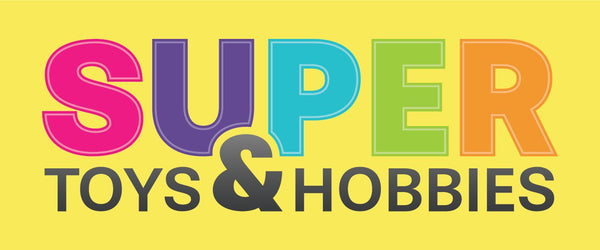
Early learning toys play a crucial role in the cognitive, social, and emotional development of children. Research indicates that approximately 90% of a child's brain develops by the age of five, making this period critical for learning and growth. The right toys can stimulate curiosity, enhance problem-solving skills, and promote creativity.
One of the primary benefits of early learning toys is their ability to foster fine motor skills. Toys that require manipulation, such as building blocks or art supplies, can improve hand-eye coordination and dexterity. Studies have shown that children who engage in activities that promote fine motor skills are more likely to excel in tasks requiring precision later in life.
Moreover, early learning toys often encourage imaginative play, which is essential for social development. Through role-playing and storytelling, children learn to express their emotions, understand different perspectives, and develop empathy. According to the American Academy of Pediatrics, imaginative play is linked to improved social skills and emotional regulation.
In addition to social and motor skills, early learning toys can significantly enhance cognitive development. Educational toys that introduce concepts such as numbers, letters, and shapes can lay the foundation for future academic success. Research indicates that children who engage with educational toys perform better in school, with a 20% increase in literacy and numeracy skills compared to their peers who do not have access to such resources.
Furthermore, sensory toys that stimulate the senses—such as textures, sounds, and colors—are vital for brain development. These toys can help children explore their environment and develop critical thinking skills. A study published in the Journal of Child Development found that sensory play can lead to a 30% improvement in problem-solving abilities among preschool-aged children.
When selecting early learning toys, it is essential to consider age-appropriateness and safety. Toys should be free from small parts that pose choking hazards and made from non-toxic materials. The American Society for Testing and Materials (ASTM) provides guidelines to ensure that toys meet safety standards, which is crucial for protecting young children.
In conclusion, early learning toys are not merely sources of entertainment; they are fundamental tools that contribute to a child's overall development. By providing children with diverse and engaging toys, caregivers can support their growth in multiple domains, including cognitive, social, and emotional. Investing in high-quality early learning toys can yield significant long-term benefits, setting the stage for a lifetime of learning and exploration.

